Just days after the formation of Burundi’s new government earlier this week, the opposition party UPRONA has expressed surprise and concern over the reduction of ministries from fifteen to thirteen. Notably, two ministries from the outgoing government have been dissolved.
Olivier Nkurunziza, president of UPRONA, highlighted that the Ministry of Transport and Commerce, as well as the Ministry of Solidarity and Gender, have been merged into other ministries. “The Ministry of Transport and Commerce has been absorbed by other departments, and so has the Ministry of Solidarity and Gender,” he noted in an interview with local media on Thursday.
Nkurunziza questioned the effectiveness of this restructuring, especially amid shrinking budgets and rising public concerns. “When the budget decreases and the efficiency of these ministries is no longer assured, it raises serious worries,” he said.
The opposition leader stressed the importance of maintaining these ministries as standalone entities, particularly to address pressing issues facing the country. “We need the Ministry of Commerce to implement measures that support Burundians. We’ve seen rising prices in markets and shortages of goods — the Ministry of Commerce was responsible for finding solutions to these problems,” he explained. “If this ministry is eliminated or merged elsewhere, I am not sure the issues will be properly addressed,” he added.
On the other hand, government officials have defended the changes as a strategic move aimed at strengthening state institutions through greater synergy. Jérôme Niyonzima, Secretary General of the government, explained that merging certain ministries was intended to promote complementary sectors. “Energy, Commerce, and Tourism are closely linked sectors,” he said, justifying the restructuring. “We operate under a policy where the minister acts as a battalion commander.”
Niyonzima clarified that ministers set policies and strategic directions, while technical teams handle implementation. “A common misconception is that ministers directly execute activities. Their role is to define overall and specific objectives; the actual results depend on execution by the technical staff,” he said.

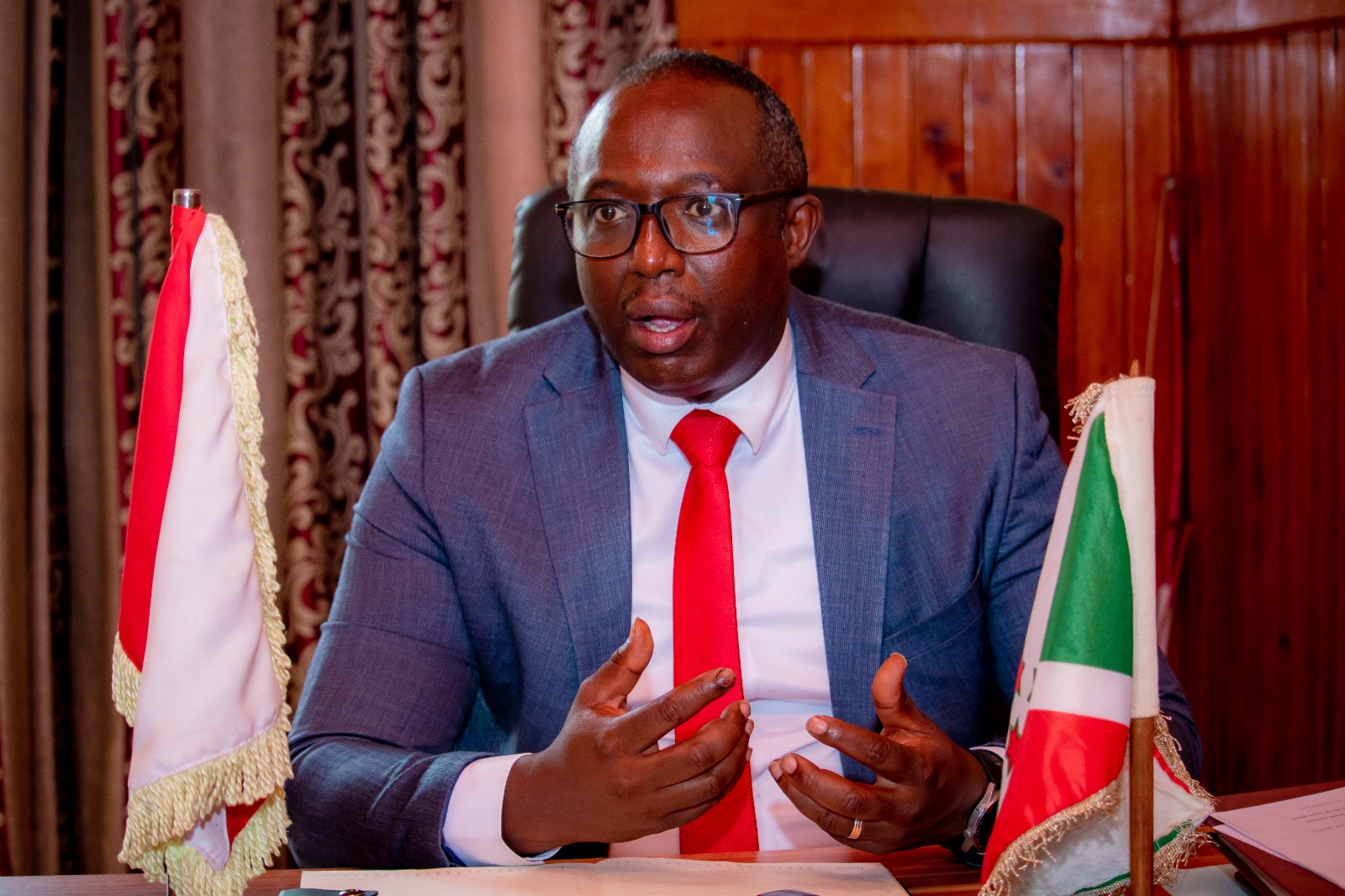
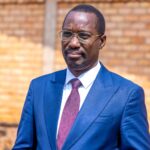

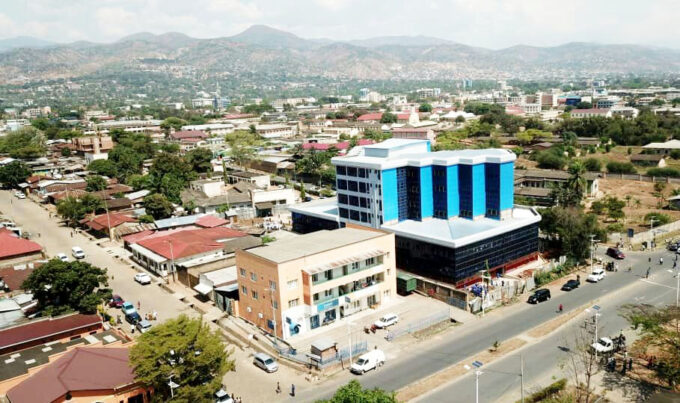
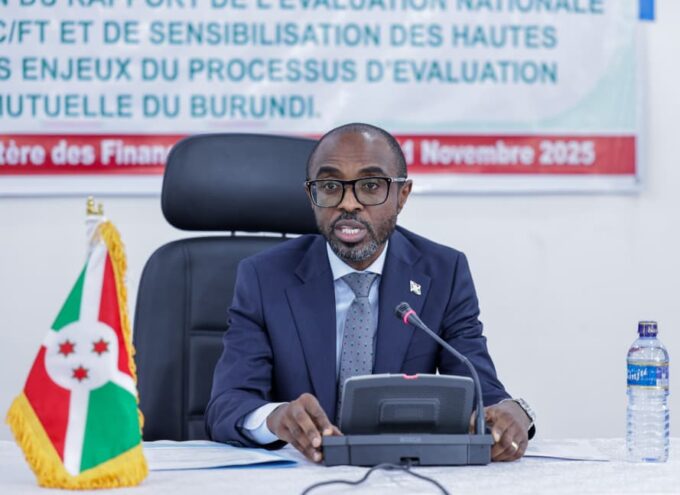

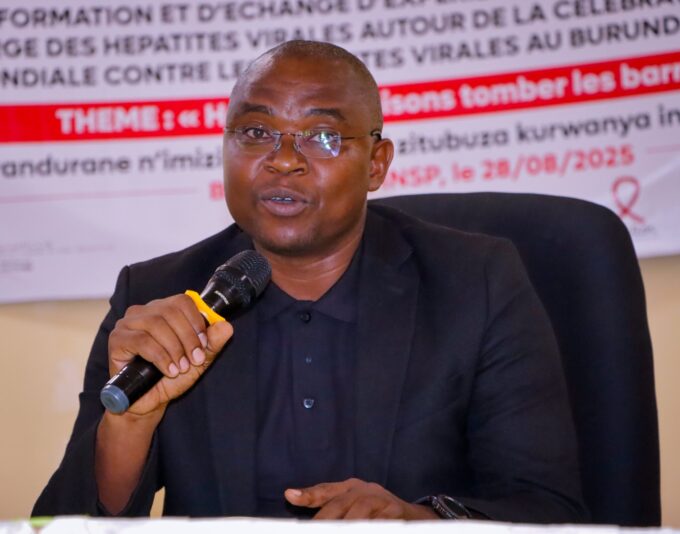
Leave a comment